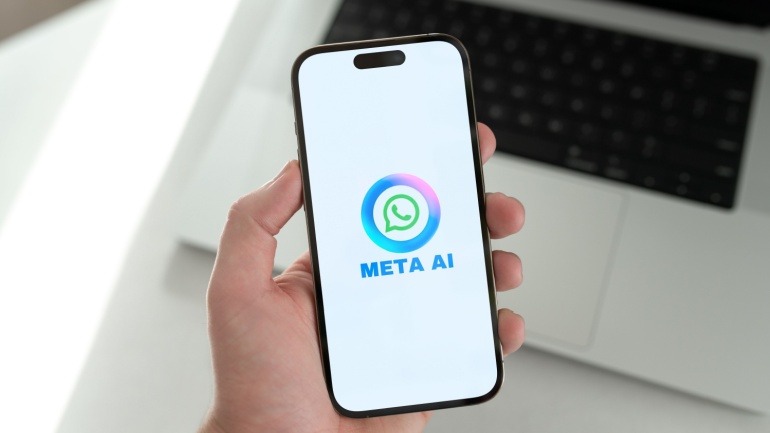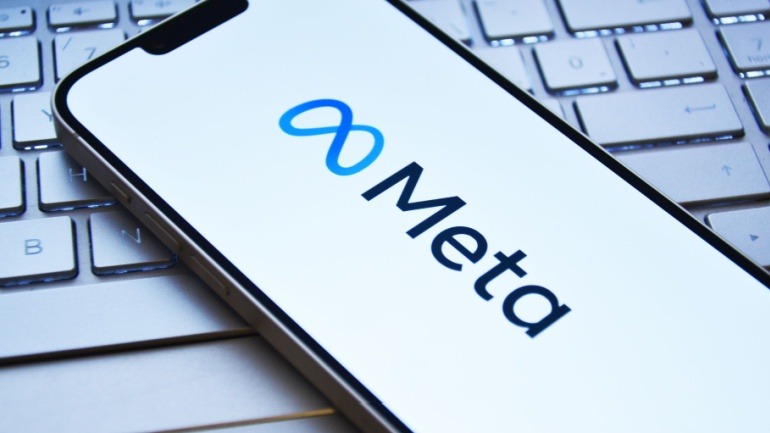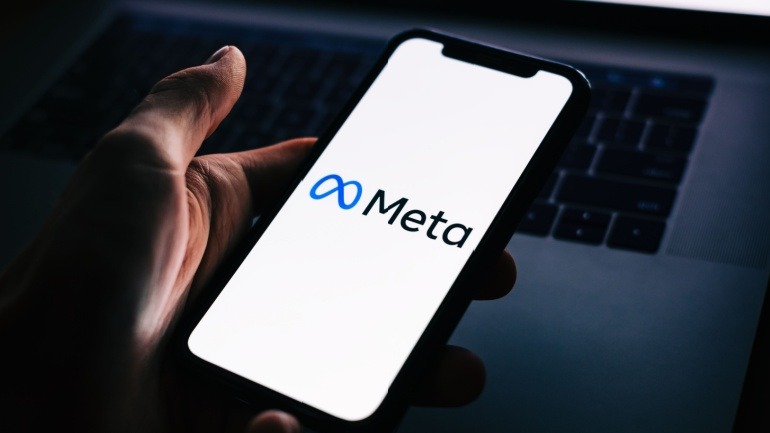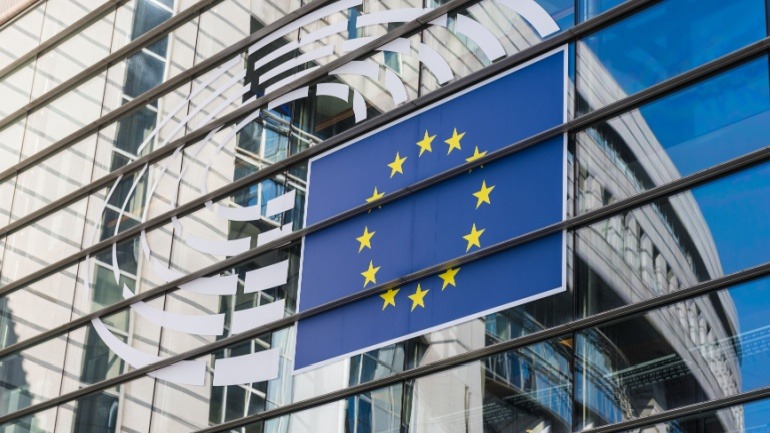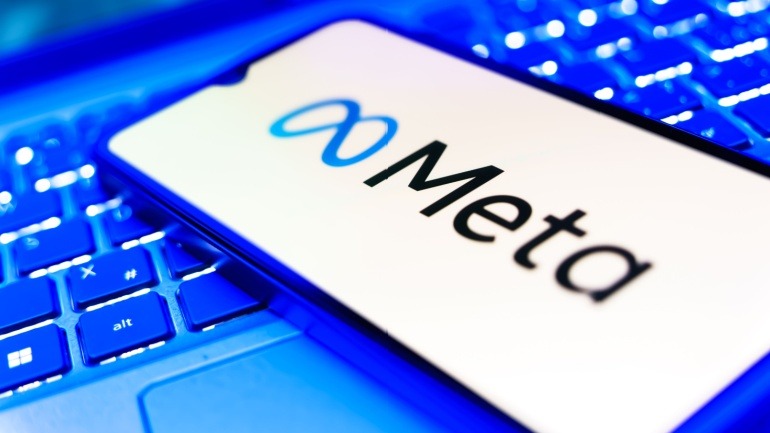Meta’s recent announcement to update WhatsApp Business terms by removing Microsoft Copilot and ChatGPT by January 2026 signals a significant shift for organizations relying on these tools. This change necessitates swift evaluation of AI alternatives and urges businesses to rethink multi-channel AI strategies to avoid vendor lock-in while maintaining efficiency through adaptive solutions.
Meta and a coalition of leading tech firms, including Google and Microsoft, have completed the infrastructure for the extensive 2Africa submarine network. This massive international subsea project promises to significantly boost internet connectivity across Africa, Asia, and Europe. With enhanced VoIP services, regions can expect accelerated economic growth and improved communication.
Meta reported strong quarterly results with revenue rising 22% to $47.52 billion and net income up 36 percent to $18.3 billion. Growth is driven by AI initiatives, though expenses climbed due to infrastructure and talent costs.
Meta is pioneering sustainable construction with an AI-optimized concrete, developed in collaboration with Amrize and the University of Illinois. This innovative blend, used in their Minnesota data centers, reduces carbon emissions while meeting structural needs.
Meta’s unprecedented investment in artificial super intelligence (ASI) signifies a bold move towards AI innovation. CEO Mark Zuckerberg’s focus on enhancing compute infrastructure aligns with the hefty aspiration of constructing multi-gigawatt data centers.
The European Commission will delay penalties against Apple and Meta for violating the Digital Markets Act, opting for further review and dialogue. While earlier fines targeted anti-competitive practices, future sanctions will follow formal findings.
Meta is launching “Meta AI” across 41 European countries, integrating its assistant into Facebook, Instagram, WhatsApp, and Messenger. Despite regulatory delays, the AI will support six languages, with group chat features rolling out soon.
Meta is reportedly considering massive AI data centers, with a potential $60 billion project in Louisiana. While a spokesperson dismissed reports as speculation, Mark Zuckerberg confirmed plans to support LLAMA 4.
Meta’s Project Waterworth sets a new benchmark in subsea cable infrastructure, aiming to enhance global connectivity through over 50,000 kilometers of cables. This groundbreaking effort will streamline voip services across continents, crucial for sustaining global communication.
Meta’s collaboration with universities propels VR education forward, utilizing Quest devices to provide unique learning experiences. The Meta for Education beta program connects institutions like Imperial College London and University of Leeds to immersive platforms.



